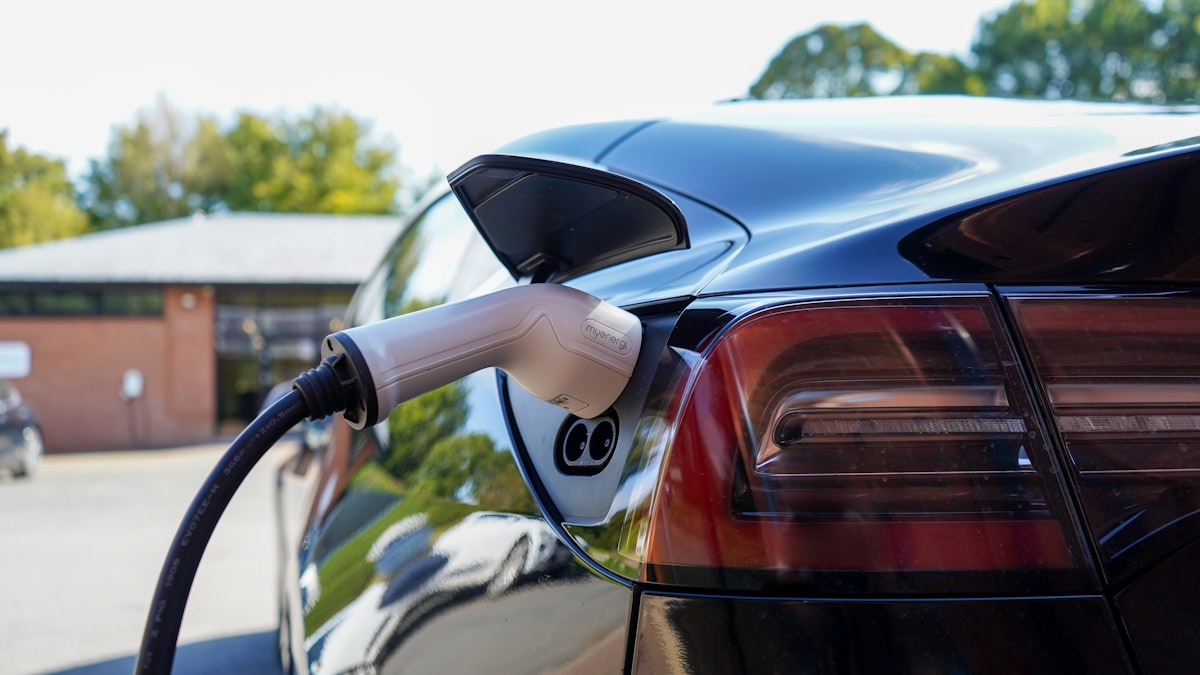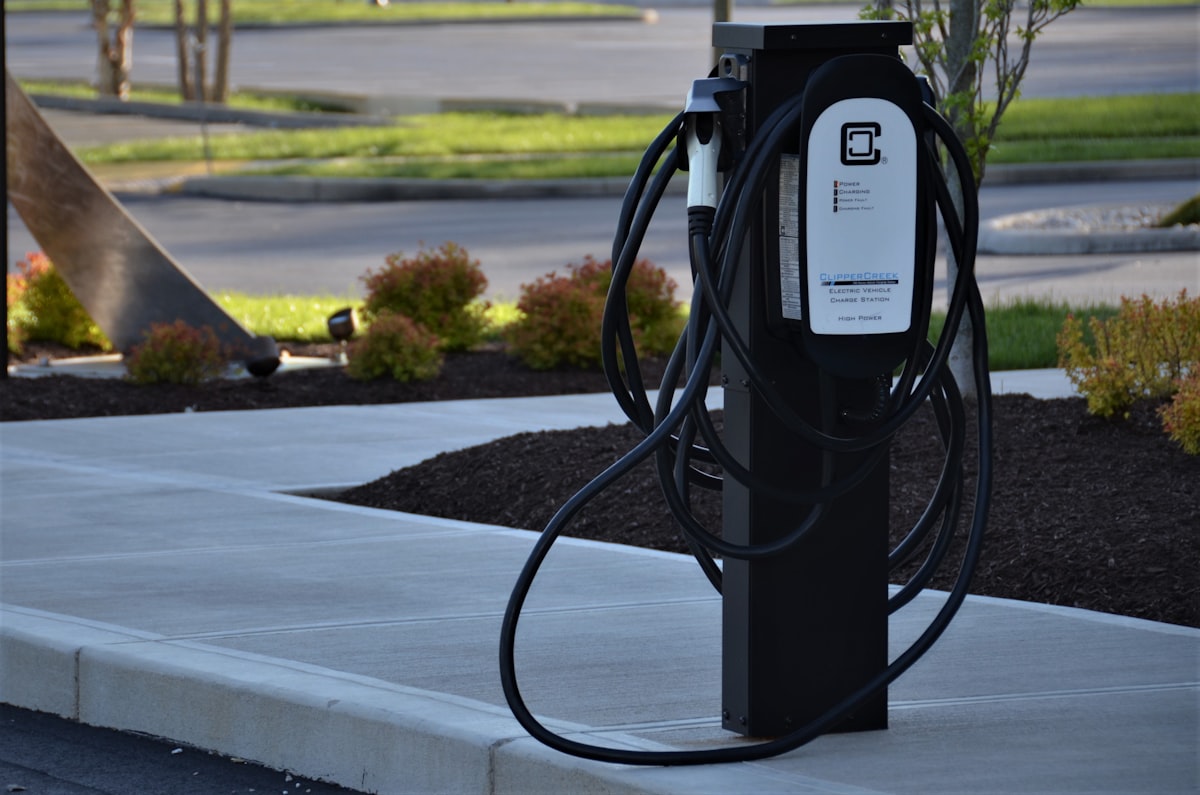Electric Vehicle Charging Options in the Pacific Northwest
EV charging options in the Northwest have gotten complicated with all the networks, station types, and power levels flying around. As someone who’s driven electric throughout Washington, Oregon, and Idaho for years, I learned everything there is to know about actually charging up here. Today, I will share it all with you.
The short version: the Northwest has solid charging infrastructure, but knowing what’s where saves headaches.
Home Charging
Probably should have led with this section, honestly—home charging handles 90% of most EV owners’ needs. Two options:

- Level 1 (120-volt): Plugs into any standard outlet. Adds 2-5 miles of range per hour. Works for low-mileage commutes or plug-in hybrids. Free beyond your electricity bill.
- Level 2 (240-volt): Requires dedicated circuit and charger unit. Adds 10-60 miles of range per hour depending on charger amperage. Handles overnight charging for any EV easily.
That’s what makes home charging endearing to us daily drivers—plug in when you get home, wake up full, never think about it.
Public Charging Stations
For road trips or apartment dwellers, public infrastructure matters:
- Level 2 Public: Shopping centers, parking garages, downtown areas. Good for topping up during errands. Usually $1-3 per hour.
- DC Fast Charging: Highway stops and dedicated stations. Adds 100-200 miles in 30 minutes on compatible vehicles. Essential for road trips.
Workplace Charging
Progressive Northwest employers increasingly offer workplace charging. Free perk for employees, and your car charges during work hours. Check with your employer—many add chargers on request when employees make the case.
Charging Networks
Multiple networks operate in the Northwest:
- ChargePoint: Largest network. Found everywhere from grocery stores to office parks. Reliable app and payment system.
- EVgo: Focuses on fast charging. Good highway coverage.
- Electrify America: Fast chargers along major corridors. Works with most EVs.
- Tesla Superchargers: Tesla-exclusive (for now). Fastest charging network, strategically placed for travel routes.
Utility Incentives
Northwest utilities support EV adoption:
- Charger rebates: PSE, PGE, and others offer $200-500 for home charger installation.
- Time-of-use rates: Cheaper electricity during off-peak hours incentivizes overnight charging.
- Business charging grants: Programs help workplaces and businesses install public chargers.
Renewable Energy Integration
The Northwest runs heavily on hydropower already. Many charging stations specify renewable energy sources. Some utilities offer 100% renewable plans specifically for EV charging.
Smart Charging Features

- App control: Start, stop, and monitor charging remotely.
- Scheduled charging: Automatically charge during cheapest hours.
- Load management: Balances power across multiple chargers or household loads.
What’s Coming
Infrastructure keeps expanding. More fast chargers along I-5 and I-90. Wireless charging in development. Ultra-fast stations cutting charge times further. The Northwest charging landscape improves constantly.
Between home charging, workplace access, and expanding public networks, the Northwest makes EV ownership practical for most drivers.
Recommended EV Accessories
NOCO GENIUS10 Smart Charger – $79.95
Advanced battery maintainer and charger.
EV Charging Station Guide
Navigate the EV charging landscape.
As an Amazon Associate, we earn from qualifying purchases.



